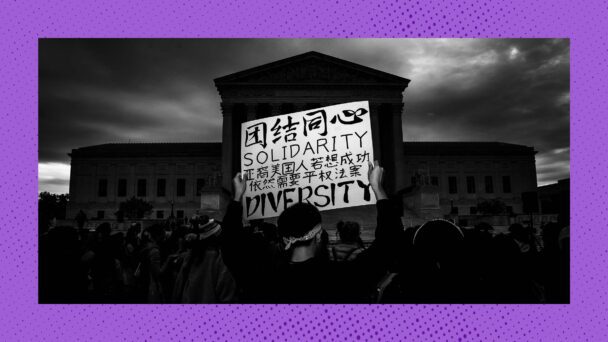There are more than 200 industrial chemical plants in the 85-mile stretch of land between New Orleans and Baton Rouge, Louisiana. These facilities constantly pump pollutants into the surrounding environment, and prolonged exposure to these chemicals causes a broad array of chronic health issues, including damage to the respiratory, reproductive, and immune systems. The government of Louisiana refers to this area the Mississippi River Industrial Corridor. But people in the Black communities that live there call it Cancer Alley.
For decades, census tracts within Cancer Alley have ranked within the top 5 percent nationwide for the risk of cancer from toxic air pollution. The risk in one town—Reserve, Louisiana—is 50 times higher than the national average. Black people make up around 12 percent of the country and 33 percent of Louisiana, but 40 percent of Cancer Alley. And even within Cancer Alley, Black residents face more acute exposure than white residents: For example, although new industrial facilities keep getting built in the majority-Black communities in St. James Parish, no new facilities have been built in its majority-white districts in nearly 50 years.
There are laws about such things. Under Title VI of the Civil Rights Act, which generally prohibits discrimination on the basis of race, the Environmental Protection Agency bars recipients of EPA assistance from choosing facility sites in a racially discriminatory way. More recently, the EPA acknowledged that communities overburdened by environmental hazards “deserve specific attention,” and just last week, the agency released guidance on best practices for funding recipients to fulfill their civil rights legal obligations. One of the most important ways the agency is trying to limit cancerous pollution in communities of color is by considering both disparate impact and cumulative impact in siting decisions—frameworks that recognize that racial discrimination can occur without anyone intentionally setting out to do something racist, and that combinations of adverse factors can yield discriminatory effects.
Now, conservative judges are trying to thwart these efforts. Last week, James Cain, a Trump-appointed district court judge in Louisiana, issued an injunction prohibiting the EPA from enforcing its disparate impact or cumulative impact analysis requirements in the state. The order makes permanent a preliminary injunction Cain issued earlier this year, after Louisiana state officials complained that the EPA’s policies effectively require racial discrimination. “If a decision maker has to consider race to decide, it has indeed participated in racism,” Cain wrote in his earlier opinion. “Pollution does not discriminate.”
Banning consideration of disparate and cumulative impacts gives polluters the green light to overburden communities of color, so long as they do so with a modicum of plausible deniability. But it also hamstrings the government’s ability to do anything meaningful about it: By making his injunction permanent, Cain doubled down on the idea that disparate impact requirements violate constitutional prohibitions on race-based discrimination. Conservatives understand the law as powerless to stop corporations from poisoning Black communities, but all-powerful against government actors that finally take an interest in protecting them.
Environmental activists worry this decision will embolden other states to seek similar exceptions, and deter federal agencies from enforcing the law at all. They’re right to be concerned: After Cain’s order earlier this year, Republican attorneys general in 23 states petitioned the EPA to change its rules, arguing that disparate impact requirements “actually promote—rather than prevent—discrimination based on race” by requiring states to “engage in racial engineering” of the sort the Supreme Court rejected in its anti-affirmative action decisions. As usual, according to Republicans, attentiveness to race is the Real Racism.
Equating invidious racism and efforts to address racism has always been dangerous foolishness. But the desired and achieved result of Republican judges’ insistence on formally overlooking race is that racism is allowed to flourish.





